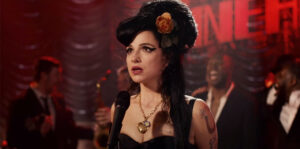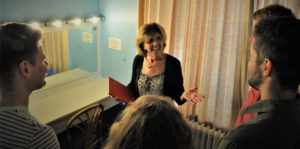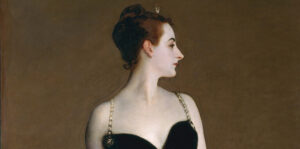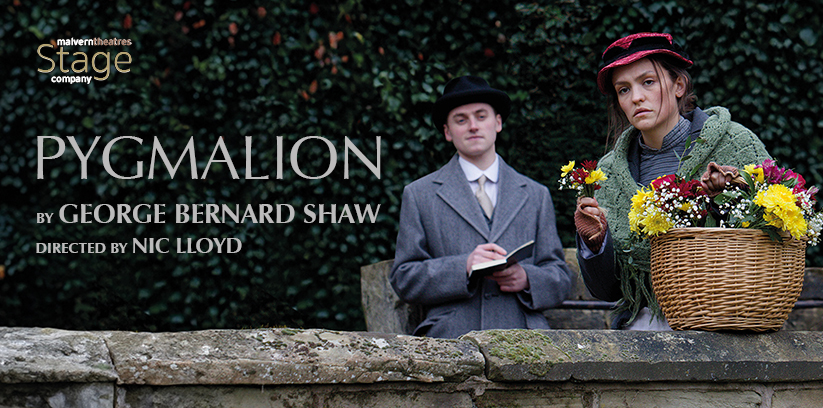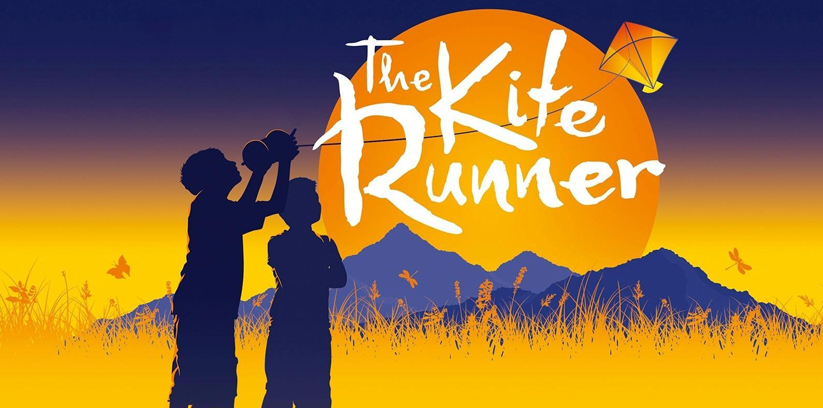
Coming Soon
Theatre Tours
April 21st 12:00 pm
One event on 21st April 2024 at 12:00pm
One event on 19th May 2024 at 12:00pm
One event on 2nd June 2024 at 12:00pm
One event on 7th July 2024 at 12:00pm
One event on 11th August 2024 at 12:00pm
One event on 1st September 2024 at 12:00pm
One event on 16th June 2024 at 12:00pm
Event Calendar
| M | T | W | T | F | S | S |
|---|---|---|---|---|---|---|
The School for Scandal
Back to Black (15)
The Shamrock Spitfire (12A) + The Elvermen
MET: La Rondine
Wild Water (PG)
Event Search
- This event has passed.
Four Quartets starring Ralph Fiennes
19th July 2021 - 24th July 2021
Event Navigation
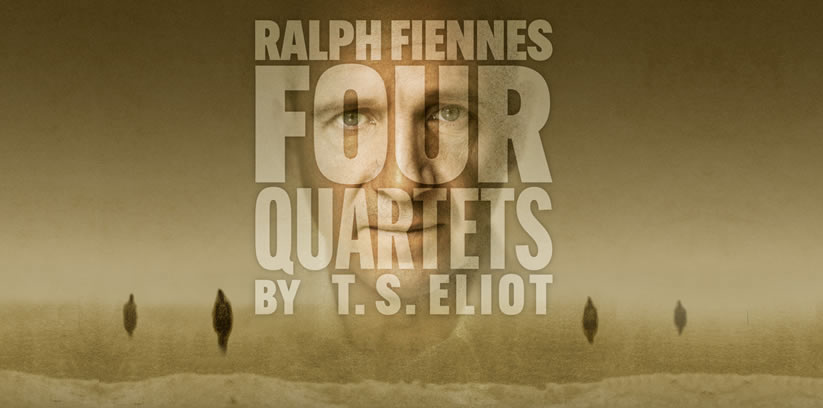
Four Quartets
by T.S. Eliot; Directed by Ralph Fiennes
A Theatre Royal Bath Productions and Royal & Derngate, Northampton co-production
“Time present and time past
Are both perhaps present in time future,
And time future contained in time past.”
Ralph Fiennes directs and stars in a world premiere adaptation of T.S. Eliot’s FOUR QUARTETS to welcome audiences back to live theatre. Compelling, moving and symphonic, Four Quartets offer four interwoven meditations on the nature of time, faith, and the quest for spiritual enlightenment. Mostly written during WWII when the closure of playhouses during the Blitz interrupted Eliot’s work in theatre, the four parts (Burnt Norton, East Coker, The Dry Salvages and Little Gidding) were the culminating achievement of Eliot’s Nobel Prize winning literary career.
Ralph Fiennes’ distinguished stage work is matched by performances in some of the greatest films of our time, including Schindler’s List, The English Patient, The Grand Budapest Hotel, The Constant Gardner, Skyfall, In Bruges, The Dig and The Harry Potter series. The winner of a Tony Award for playing Hamlet, he has performed many of theatre’s most iconic roles, with recent credits including Antony and Cleopatra (National Theatre), Richard III (Almeida) and The Master Builder (Old Vic).
He is joined by a remarkable creative team including Hildegard Bechtler (Designer) who won an Olivier Award for After the Dance at the National Theatre; Tim Lutkin (Lighting), winner of an Olivier Award for Chimerica and Christopher Shutt (Sound), winner of a Tony Award for War Horse.
‘What an achievement! Astounding … a really brilliant piece of work. Fiennes’s encounter with Eliot is unique’ Observer ****
‘Ralph Fiennes triumphs … a magnificent theatrical experience’ Guardian ****
‘A magnetic piece of live theatre’ Daily Telegraph ****
‘Ralph Fiennes’s finest hour … remarkable’ Daily Mail ****
This production is recommended for ages 14+
This production will not have an interval. Running time approx 80 mins.
Production photos by Matt Humphrey
Performances taking place before July 19th will be sold at half capacity in line with Government guidelines. Thereafter, performances may initially be sold at half capacity in case restrictions remain, although capacities may increase if not. Prevailing Government guidance on face coverings and distancing will be observed and enhanced cleaning routines will remain in place.
Please read our Covid-19 Safety Guidelines prior to booking.
Related Events
Event Reviews
-
Euan Rose, Malvern Observer
Well “Where was I on so called freedom day?” At Malvern Theatre watching Four Quartets by TS Eliot amongst a mask-free, ordinarily-distanced audience. The rear foyer doors to the magnificent patio were open for the first time and the buzz of theatre lovers returning to normality resounded everywhere – a joyous experience!
Read the full review online: www.malvernobserver.co.uk
-
Peter The View From The Stalls
On the day England finally relaxes its Covid-related restrictions, with mask-wearing whilst seated watching a performance, now a personal choice, a visit to the theatre almost seems like it is finally business as usual. And so it is that the production in question, T. S. Eliot's Four Quartets, offers the audience around 80 minutes of uninterrupted dialogue.
Casually-dressed with no shoes, Ralph Fiennes narrates the story based around four locations which, whilst meaningless to the audience, were very personal to Eliot: Burnt Norton, a house in the Cotswolds; East Coker, a village in Somerset; a group of rocks in Massachusetts called the Dry Salvages; and Little Gidding, a historic church in Huntingdon, Cambridgeshire. The text was written as four separate poems over a six-year period from 1936 to 1942 and was then brought together as a complete work in 1943 and many claim it to be his greatest work. Certainly it is one which is complex. Indeed, the themes which are brought together across these locations include the author's interpretation of time (past present and future), science, spirituality, experience, environment and touches on the likes of Dante, St John of the Cross and Bhagavad-Gita (a 700-verse Hindu scripture that is considered to be one of the holy scriptures for Hinduism).
In terms of staging, Fiennes has little to work with or be concerned about: a table and a couple of chairs and two huge revolving monolithic blocks behind him plus some lighting and sound effects. For what is important here are the words and how they are conveyed. By periodically putting on the auditorium lights, the audience effectively becomes part of that story-telling process: Fiennes no longer speaking at us but talking as if with a circle of friends with an occasional aside and a smile.
Many of the words and references would be unknown to a modern audience (the show's programme acknowledges this by providing a glossary and more explanation) but there is no time to Google the meaning - a difference between listening to the text in its entirety like this and reading it for oneself. Nonetheless, in the hands of an experienced actor like Fiennes (who also directed the production), the audience is definitely left hanging on every word, movement and gesture, in doing so becoming a very personal journey for the actor as well.
-
Richard Edmonds
Barefoot and brilliant, Ralph Fiennes one-man reading of T.S. Eliot's majestic poem "The Four Quartets" was an event which will stay long in the memory of those fortunate enough to have experienced it.
Influenced by the classical Greek poets, a conversion to Catholicism and certainly by A.E.Housman's melancholy "A Shropshire Lad", Eliot's verse moves through lamentation and sadness in which the enigmatic promises of a kind of redemption vibrate hopefully on the other side of despair.
For Fiennes, the elusive melodies Eliot conjured up in this huge piece, which took us triumphantly into Modernism, provides a perfect vehicle for his own kind of performance style, which moves easily from the declamatory to the confidential whisper, where, in a totally engrossing evening, you hang expectantly upon the next word.
Always there is a sense of unbridled anger at what will never be said or done. Happiness may be found for a moment in the contemplation of the still serenity of a Chinese porcelain jar, but then time always destroys memory and dust settles inevitably on a bowl of rose leaves.
Fiennes has a fine speaking voice, every word is apparent, the ends of sentences are never dropped and his vocal projection reached out easily to a large audience. Some may have been there to see in person the evil magician from the Harry Potter franchise,
and found Eliot for the first time. Hopefully, there were others, like myself, who really longed to hear a fine actor reading "The Four Quartets" within the long tradition of British theatre, where great actors like Macready, Sir Henry Irving or Emlyn Williams gave concert performances of adaptable authors. Fiennes did this moving swiftly through complex verse structure, or sometimes standing and fixing us with his eyes as the gravity of the verse thundered Eliot's message of man's hopeless compulsion to destroy what he could never re-create. It was overwhelmingly fine. A visit to a performance such as this is biographical. Who are you, what have you done in your time, will Eliot ( through the medium of Fiennes) tell you who being you is at this moment?.
"Human kind cannot bear very much reality" said the voice on stage to a stilled audience, a voice rising from an actor calm and barefoot, like the followers of the Eastern religions which also occupy Eliot's thinking
When I was sixteen, or thereabouts, I saw Charles Laughton, Agnes Moorehead ( one of Orson Welles' favourite performers) and Charles Boyer reading Shaw's "Done Juan In Hell" at the magnificent Theatre Royal in Birmingham ( which the local council pulled down replacing this historic building with Woolworths). The men wore black dinner jackets, Moorehead wore couture .
Times change, Fiennes wore a totally unremarkable jacket and trousers and was barefoot which,in its way was perfect and provided no distraction from Eliot's marvellous language. The set was a pair of huge dark screens which revolved on a central spindle, reminding this reviewer of similar revolving screens once designed by Inigo Jones for the luxurious court masques of Charles the First. Exciting to see another continuation on this rewarding evening of an ancient theatrical scenic device.
I regret the different cuts. "A Game of Chess" has always been a favourite, sadly you won't find it here, and purists may disagree with the use of symphonic background music, when a single flute in its simple purity would have been enough.
But a night of marvels and magic nevertheless and wherever he is, I am sure T.S.Eliot would have found Ralph Fiennes totally admirable.

